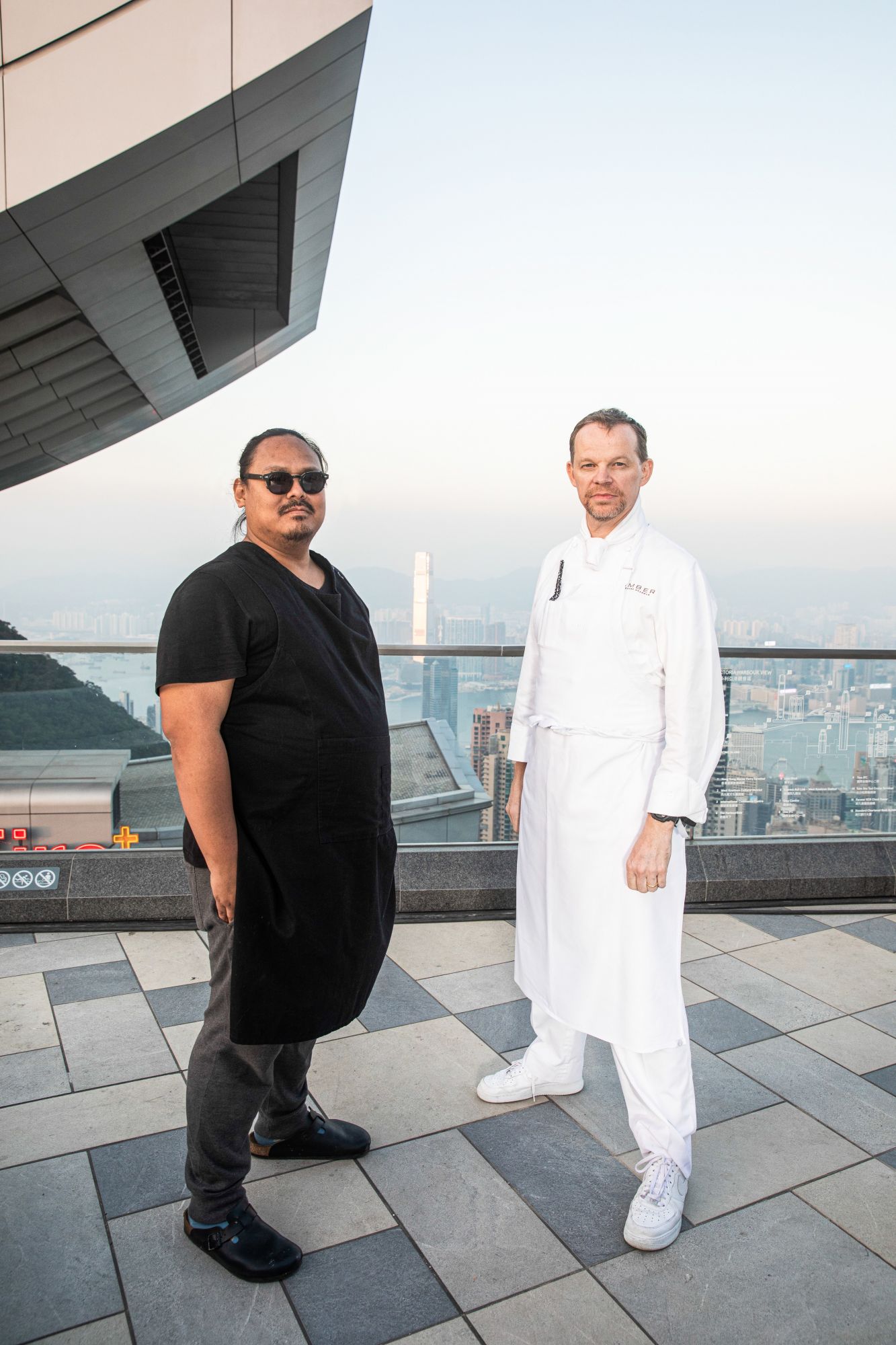The chef and co-owner of Manila restaurant Toyo Eatery talks about the importance of putting the Philippines on the culinary map, the impact of Instagram on the industry and why sustainability matters
I am Generation T is a series of quick-fire Q&As with some of the extraordinary individuals on the Gen.T List.
Award winning chef Jordy Navarra found his passion for cooking by accident. “I basically sucked at everything else and then I just sort of fell into it,” he says. “I then developed an interest in it, discovered the world of restaurants and now it’s been 10 years.”
After training at Heston Blumenthal's restaurant The Fat Duck in the UK and Bo Innovation in Hong Kong, Navarra opened Toyo Eatery in the heart of Manila in 2016. Fast forward just three years and he has earned multiple accolades, notably being included in Asia’s 50 Best Restaurants 2019 and receiving the Miele One to Watch Award in 2018.
What's the vision behind Toyo Eatery?
Toyo Eatery is a place where we can express where we’re from and who we are. We do our take on Filipino food and flavours, with condiments and ingredients that we grew up with and flavour profiles that we like to eat. So it’s nice and simple.
What’s your signature dish and why?
For me it’s the pork barbecue that we have at the restaurant. I loved to eat it growing up so when we made our version it’s simple, easy to eat and something that you want to have two to three times a week.
How do you make a dish multidimensional?
I don’t know if everything we do is multidimensional, but for us it’s always a collaborative thing. Having a lot of people invested in the idea of the dish and the dish itself, I feel, adds layers of complexity, because every person you ask has different things they look for, and the more we can work on it as a group, the more we can find different angles.
Who would your dream customer it be?
Well we were supposed to have David Beckham over, but we were closed that day, so maybe we could have one more shot.
The whole point was trying to put Filipino food and food by Filipinos in a different setting and share with the world that it’s possible to look at it this way also, not just always for the home or yourself


